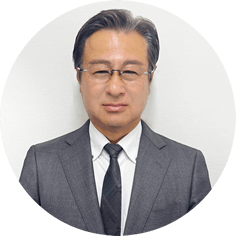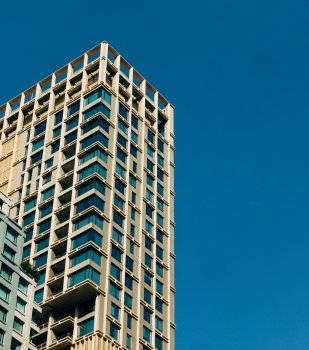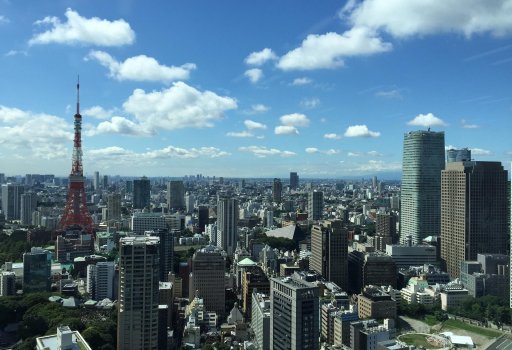When purchasing land in Japan, many people may find themselves wondering, “Should I choose freehold or leasehold?”
Both freehold ownership and leasehold rights in Japan have their own advantages and disadvantages, so it is important to determine which one best fits your needs.
In this article, we explain the differences between freehold and leasehold ownership in Japan, as well as the advantages and disadvantages of purchasing each type.
We also discuss who each ownership type is best suited for and the Japanese laws you should be aware of before purchasing either, so please read on for a complete overview.
What Are the Differences Between Freehold and Leasehold in Japan?
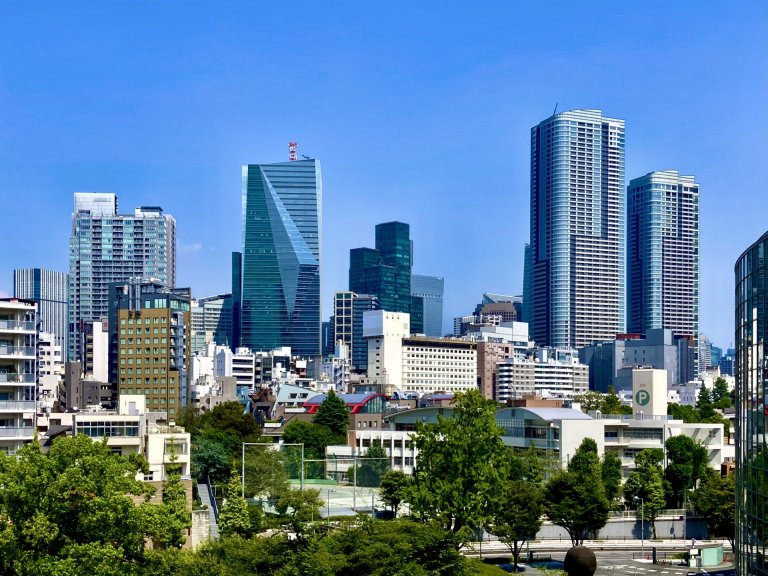
By understanding the characteristics and distinctions between freehold and leasehold rights in Japan, you can gain a solid foundation for purchasing land and determine which type of ownership is best for you.
Below, we explain in detail what freehold and leasehold mean, and how they differ.
What Is Freehold Ownership?
Freehold ownership refers to the legal right to use, earn income from, and dispose of an asset within the limits of the law.
For example, if you own land in Japan, you have the right to:
- Build a structure on the land
- Rent it out to earn income
- Sell it and transfer ownership to another party
In addition, land ownership in Japan also grants the right to use, earn income from, and dispose of the airspace above and subsurface below the land, within legal limits.
Another feature of freehold ownership is that it does not expire—there is no statute of limitations on ownership rights—and if your ownership is infringed upon, you have the legal right to demand that the infringement be removed.
However, there are some restrictions. For example, if your land is required for public purposes such as road construction, you may be required to transfer ownership in exchange for fair compensation.
What Is Leasehold (Shakuchi-ken)?
Leasehold refers to the right to rent land from a third party by paying a monthly land rent (chidai) and use it to build and maintain a structure.
While the building you construct belongs to you, the land itself belongs to the landowner (lessor). Therefore, there are several restrictions, such as:
- Ownership of the land remains with the landowner
- Monthly ground rent must be paid to the landowner
- Permission from the landowner is required to sell the building
- The landowner must be notified in advance before reconstruction
- At the end of the lease term, the land must be returned after demolition of the building
There are also two main types of leasehold rights in Japan: surface rights (chijōken) and land lease rights (tochi no chinshaku-ken). Their characteristics differ as follows:
| Type of Leasehold | Characteristics |
| Surface Rights (Chijōken) | Considered a real property right under the Civil Code. Can be freely transferred or subleased. |
| Land Lease Rights (Tochi no Chinshaku-ken) | Considered a contractual right (obligation) under the Civil Code. Cannot be transferred or subleased without the landowner’s permission. |
In addition, leasehold rights are classified under two legal systems: the Old Leasehold Law and the New Land and Building Lease Law, each with different characteristics.
| Legal Classification | Characteristics |
| Old Leasehold Law (Kyū Shakuchi-hō) | Applies to contracts made before July 31, 1992. As long as a building stands on the land, the contract automatically renews, allowing long-term use. |
| New Land and Building Lease Law (Shakuchi-Shakka-hō) | Divided into “ordinary leasehold” (renewable) and “fixed-term leasehold” (non-renewable). Fixed-term leases generally last 50 years, after which the land must be returned. |
Because leasehold characteristics differ greatly depending on the type and legal classification, it is essential to check the specific leasehold details before purchasing.
Differences Between Freehold and Leasehold
The main difference between freehold and leasehold is that freehold means owning the land, while leasehold means renting the land.
Freehold ownership is permanent, whereas leasehold rights have a fixed contract period.
Additionally, the degree of freedom in how you can use the land is much higher with freehold. Under leasehold, many activities require the landowner’s approval.
Advantages and Disadvantages of Purchasing Freehold in Japan

Freehold ownership offers the major advantage of being able to use the land freely, but it also comes with certain disadvantages.
Below, we explain both the benefits and drawbacks of purchasing freehold property in Japan.
Advantages of Buying Freehold
The advantages of purchasing freehold property include the following three points:
- You can use the land freely.
- You don’t need to pay rent, renewal fees, or consent fees.
- It’s easier to get approved for a housing loan.
Within legal limits, you can freely rebuild, renovate, lease, or sell your property without paying land rent or renewal-related fees.
Moreover, freehold properties have higher asset value, which makes mortgage approval easier.
Disadvantages of Buying Freehold
The disadvantages of purchasing freehold include:
- Higher purchase prices
- Various taxes and registration fees
- Annual fixed asset and city planning taxes
Buying freehold tends to be more expensive due to costs such as the purchase price, registration, acquisition tax, and brokerage fees.
In addition, you will be required to pay annual fixed asset tax and city planning tax.
Advantages and Disadvantages of Purchasing Leasehold in Japan

Although leasehold rights come with more restrictions, they also offer several unique advantages. It’s important to understand both sides before deciding.
In this section, we’ll take a closer look at the pros and cons of buying a leasehold property.
Advantages of Buying Leasehold
The advantages of purchasing leasehold property include the following three points:
- Lower purchase price
- No fixed asset or city planning taxes on the land
- Renewable unless it’s a fixed-term leasehold
Leasehold land is generally priced lower than freehold, allowing buyers to purchase land in better locations for the same budget.
Additionally, you don’t have to pay land-related fixed asset or city planning taxes, and if it’s an ordinary (renewable) leasehold, you can renew the contract to continue using the land.
Disadvantages of Buying Leasehold
The disadvantages of purchasing leasehold property include the following three points:
- Many situations require the landowner’s consent
- Rent, renewal, and consent fees are required
- Lower asset value
Since landowners must often approve rentals, renovations, or sales, flexibility is limited.
You’ll also incur regular expenses such as monthly land rent, renewal fees, and consent fees when selling a building.
Because of lower asset valuation, it may also be more difficult to obtain a mortgage.
Who Should Buy Freehold Property

Buying freehold property is recommended for those who:
- Want to build long-term assets
- Want full control over how they use their land
Since freehold ownership never expires, it enables long-term land management and offers much greater flexibility in use compared to leasehold, within the scope of the law.
Who Should Buy Leasehold Property

Buying leasehold property is recommended for those who:
- Want to minimize initial costs
- Want to prioritize location over ownership
Leasehold properties generally require lower upfront costs and are often available in highly desirable locations that landowners prefer not to sell outright.
Japanese Laws to Know Before Purchasing Freehold or Leasehold Property
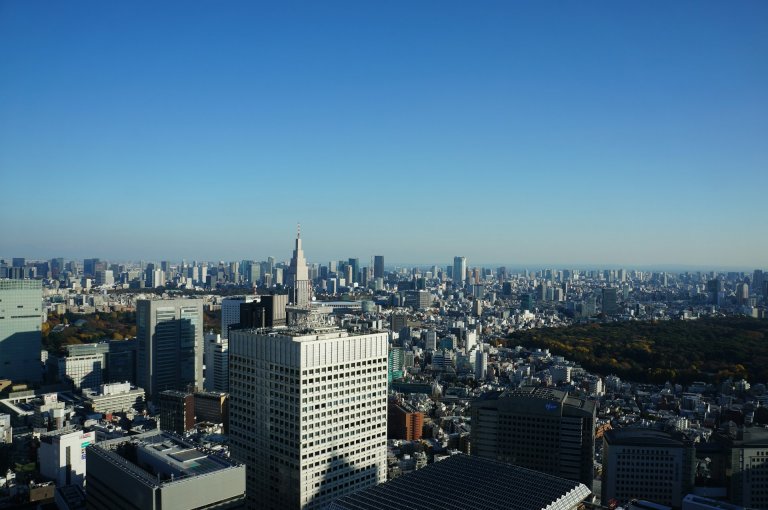
Before purchasing freehold or leasehold land, it’s important to understand the following Japanese laws:
| Law | Overview |
| Building Standards Act | Regulates building usage, building coverage ratio, and floor area ratio. Landowners must comply with these standards. |
| Agricultural Land Act | Restricts the conversion of agricultural land for non-agricultural use. |
| National Land Use Planning Act | Ensures comprehensive and planned land use. Large-scale land transactions must be reported to the prefectural governor. |
| City Planning Act | Defines zoning regulations that determine how land can be used based on designated areas. |
| Land Readjustment Act | Governs land readjustment projects. Land use restrictions apply in project areas. |
| Regulation on Residential Land Development Act | Prevents disasters caused by land development. Certain construction works require prefectural approval. |
| Old Leasehold Law | Governs pre-1992 leaseholds that can be renewed semi-permanently. |
| New Land and Building Lease Law | Governs post-1992 leaseholds, dividing them into renewable and fixed-term contracts. |
These laws define restrictions on land use and leasehold agreements, so it’s important to review them before purchasing.
Freehold vs. Leasehold in Japan: What Foreign Buyers Need to Know – Summary

In this article, we have explained the differences between freehold and leasehold, as well as the advantages and disadvantages of purchasing each.
If you are unsure whether to buy freehold or leasehold property in Japan, use the comparisons outlined above to guide your decision.
At Asian Property’s APARTMENTS TOKYO, we offer a wide range of premium real estate listings in central Tokyo — including houses, apartments, condominiums, and office buildings — for expatriates and investors.
Our English-speaking staff provide full support with property purchases and detailed information on the buying process, so please feel free to contact us anytime.
Schedule a Free Consultation or Property Viewing
→ Contact Form
Receive Exclusive Property Updates & Special Campaigns
→ Newsletter Signup


